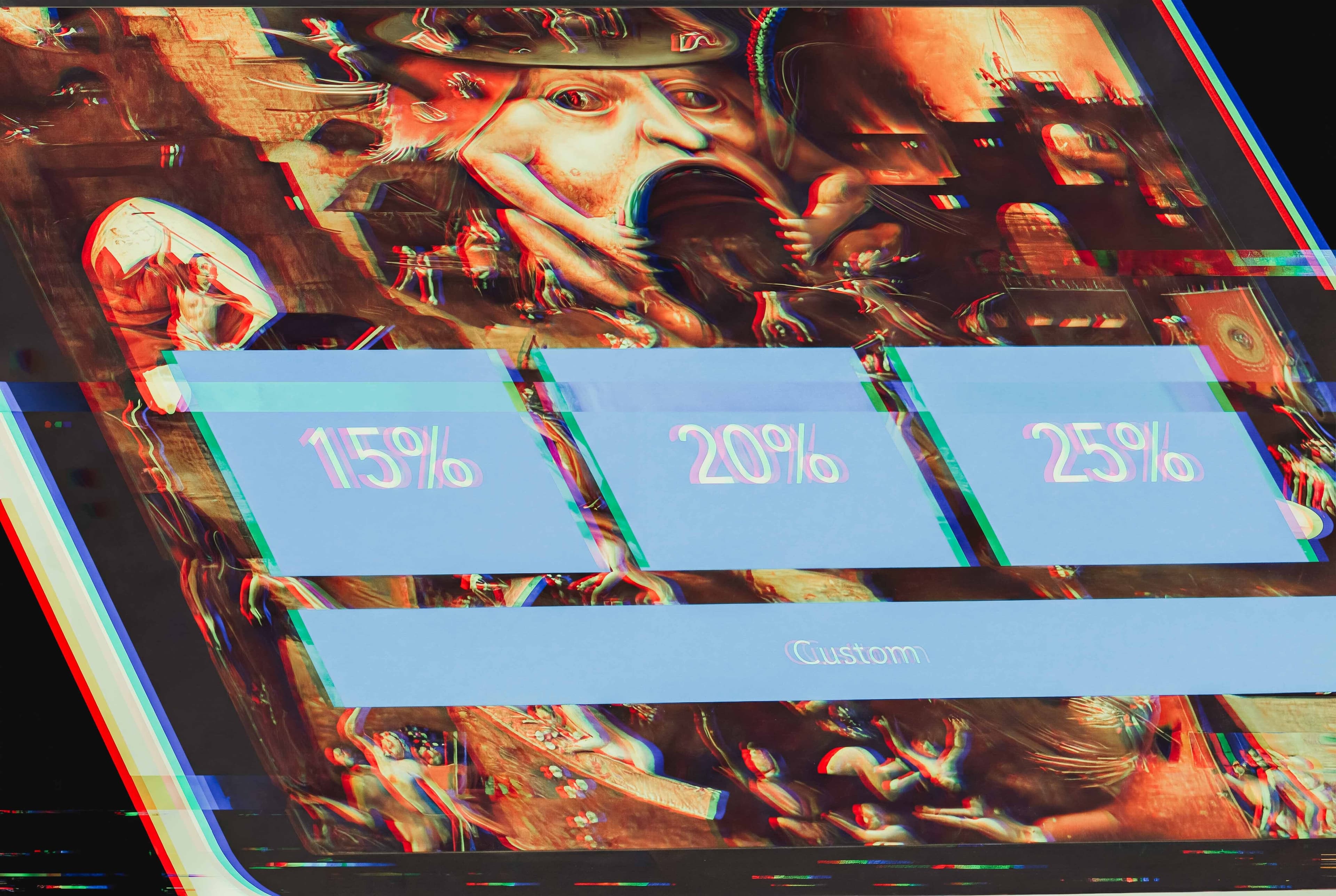In a Senate Judiciary Committee hearing today, OpenAI’s Sam Altman advocated for the establishment of a capacity-based, regulatory licensing regime for AI models that, ideally, larger companies like Google and OpenAI would be subject to, but smaller, open-source ones would not. “Where I think the licensing scheme comes in is as we head toward AGI — I think we need to treat that as seriously as we do other technologies,” Altman said.
When Sen. Graham (R-SC) suggested a government agency “that issues licenses and takes them away,” Altman agreed.
In addition to Graham and Blumenthal, the hearing included questioning from Josh Hawley (R-MO), Mazie Hirono (D-HI), Cory Booker (D-NJ), Dick Durbin (D-IL), and several other senators. Christina Montgomery, VP/ Chief Privacy & Trust Officer for IBM and NYU professor Gary Marcus also provided testimony. All speakers — witnesses and senators alike — agreed that AI should be regulated, though Altman, Montgomery, and Marcus differed on specifics, and senators like Hirono questioned if effective licensing was even possible.



